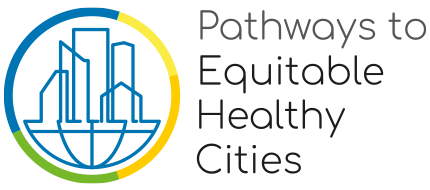Transport and Mobility
The Transport and Mobility group studies the influence of urban transportation, land use and services on health in an integrated manner. The emphasis is on how the combinations of location of home, transportation options and provision of services determines mobility and access to services. The group uses engineering, environmental and epidemiological models to predict the expected impacts of transport and land use policies on population health and health inequalities. The work is integrated closely with work on Housing and Neighbourhood.
Within the context of wider research on the impacts of transport accessibility and mobility on health outcomes, the Transport and Mobility group have developed a GIS-based tool for the analysis of access to services in a city. This tool was developed with London as a case study to look at access to primary education as the basis to develop policies to reduce inequalities in mobility.
Related Publications
Capturing the impact of individual characteristics on transport accessibility and equity analysis
Transportation Research Part D: Transport and Environment, vol. 87, pp. 102473, 2020.
Case Studies on Transport Policy, vol. 8, iss. 1, pp. 59-66, 2020.
Traveller preferences for free-floating carsharing vehicle allocation mechanisms
Transportation Research Part C, vol. 102, iss. 1, pp. 1-19, 2019.
Transportation Research Part C , vol. 105, iss. 1, pp. 611-625, 2019.
BMJ, vol. 363, iss. 1, pp. k3794, 2018.
